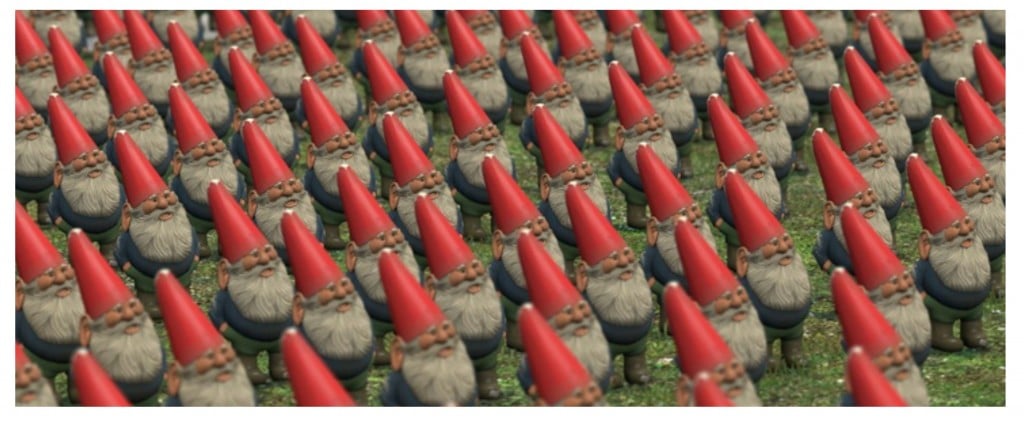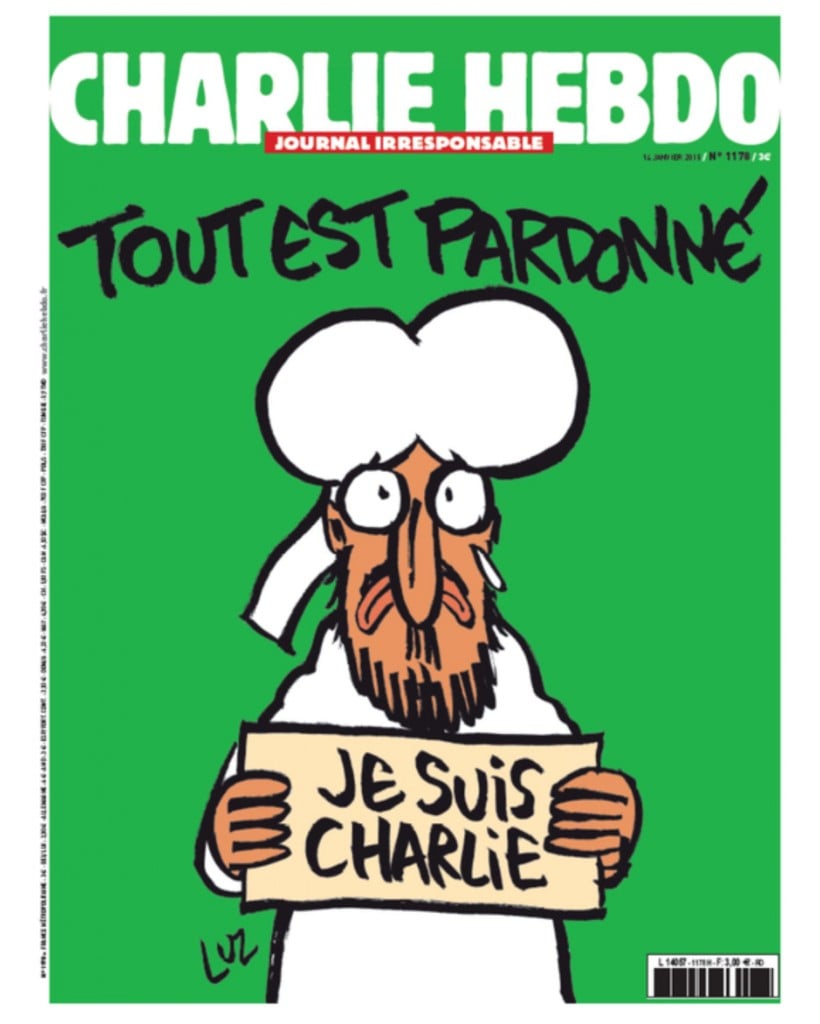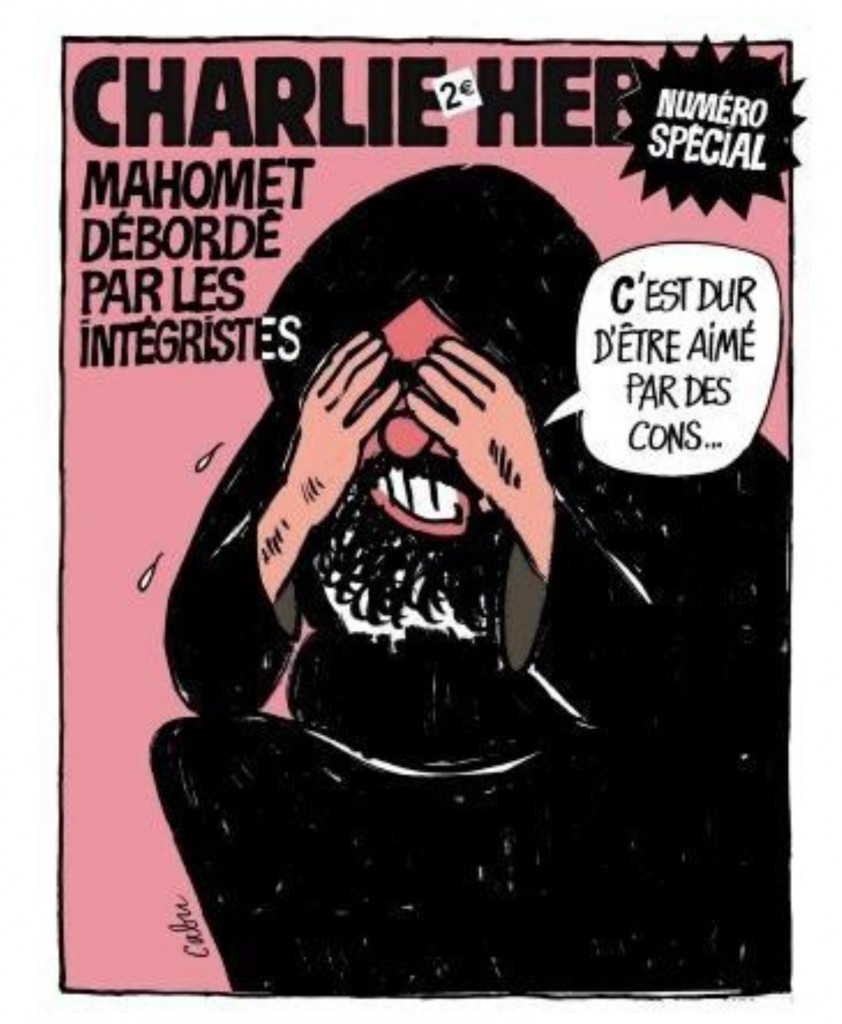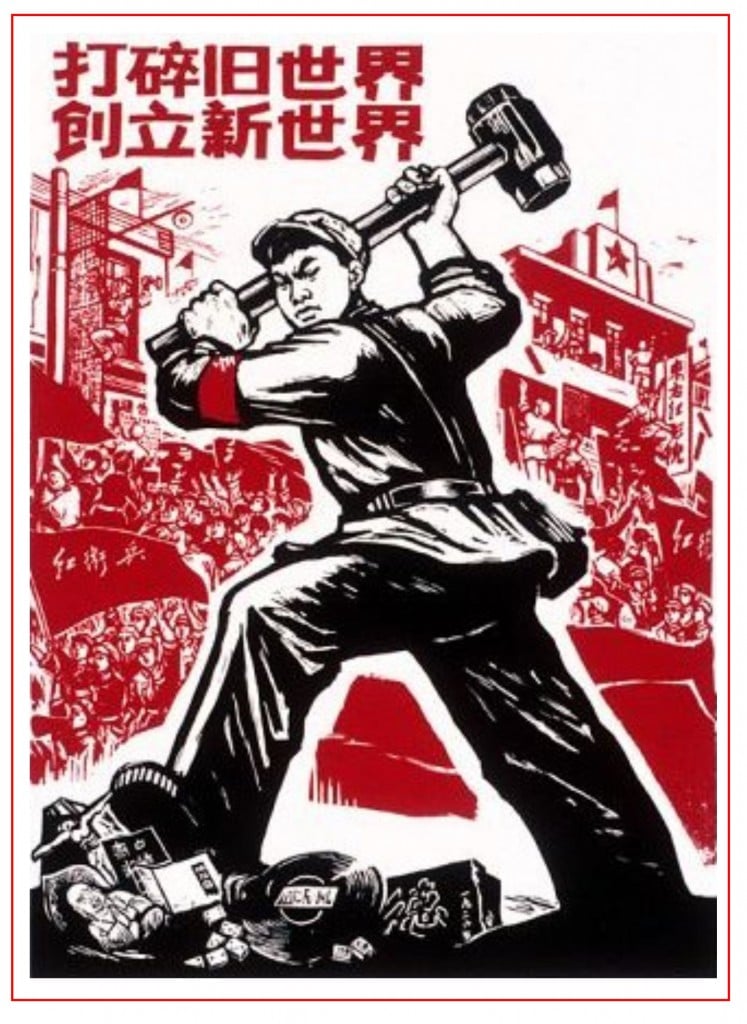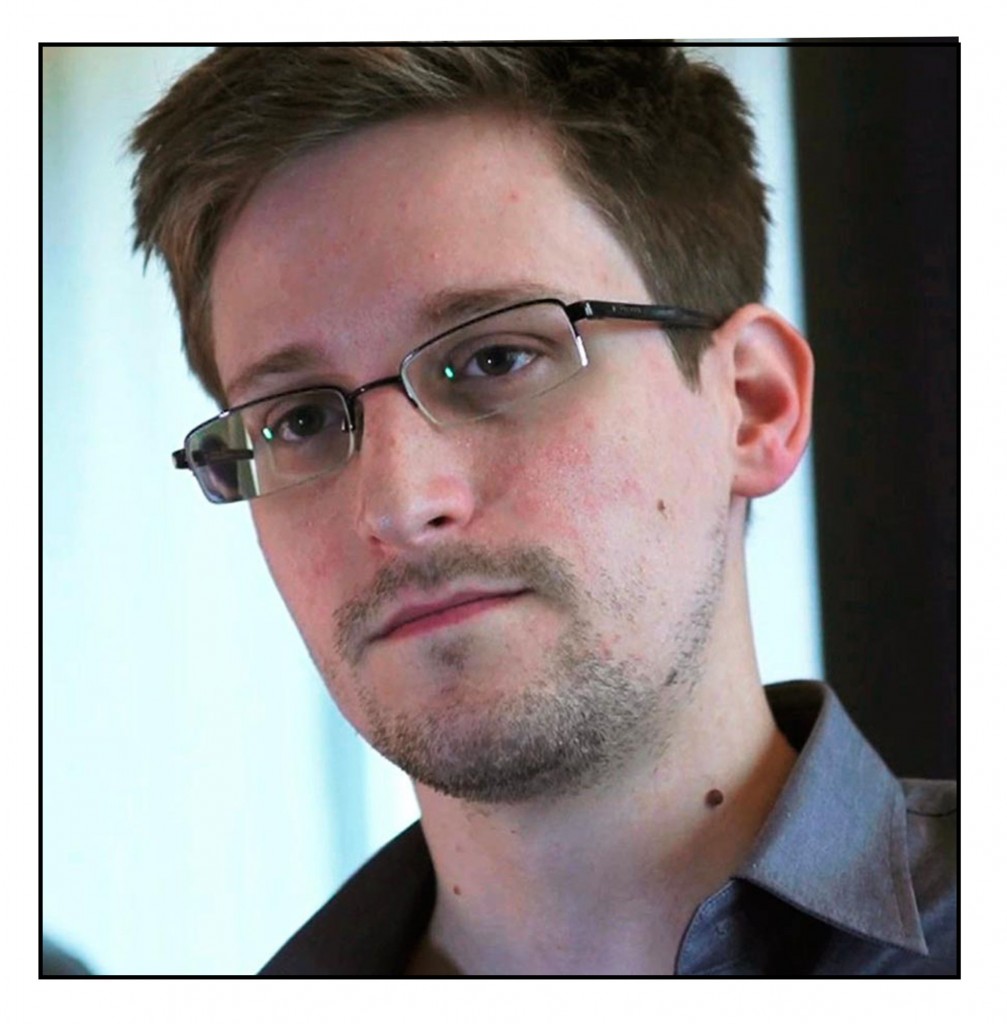We cannot choose the moment of our birth. And death usually comes in its own time, not ours. Sometimes, however, we can decide to end our life. The reasons for suicide are various. Most common is the desire to end intractable suffering. Faced with the prospect of a prolonged period of pain and suffering at the end of life, most rational people would prefer euthanasia – a “good death.” This term first came into English in Francis Bacon’s Advancement of Learning (Book II, X.7). Bacon was encouraging physicians to assuage the pains and agonies of death: to practice what we now call palliative care.
Over the course of time “euthanasia” became differentiated from palliative care, and now generally means the inducement of death so as to prevent intolerable pain and suffering in patients with incurable disease (Young, 2012; Sumner 2011). Euthanasia may be voluntary or involuntary, based on whether the patient provides consent or not. Involuntary euthanasia, where the patient does not provide consent although capable of so doing, is sometimes distinguished from non-voluntary euthanasia (“mercy killing”), where the patient is unable to either object or consent. Some would consider both involuntary and non-voluntary euthanasia as equivalent to murder and limit the term euthanasia to cases wherein consent is explicit. Euthanasia may be active or passive, based on whether death is induced by the administration of a lethal medication or by the withdrawal of life-sustaining treatment, nutrition or hydration. Active euthanasia may be initiated by the patient, in which case it is essentially suicide, or by someone else (a physician or a nurse acting under the direction of a physician), in which case it can be described as assisted suicide or assisted dying. Sometimes voluntary euthanasia, where the lethal medication is administered to the patient, is distinguished from assisted suicide, where the patient takes the drug, but this distinction appears unnecessary. When the word is unmodified, euthanasia generally means physician-assisted suicide performed at the request of the patient.



